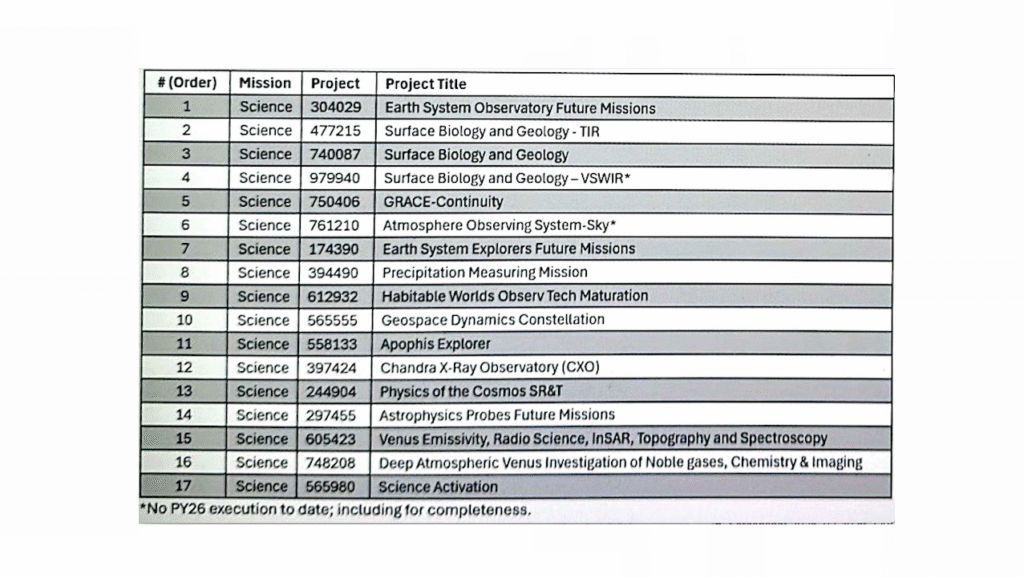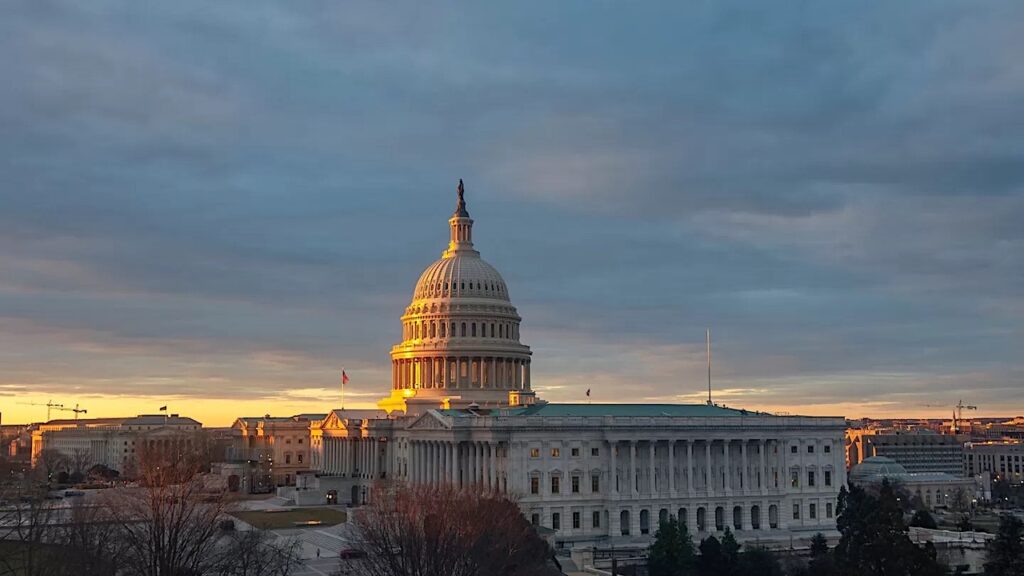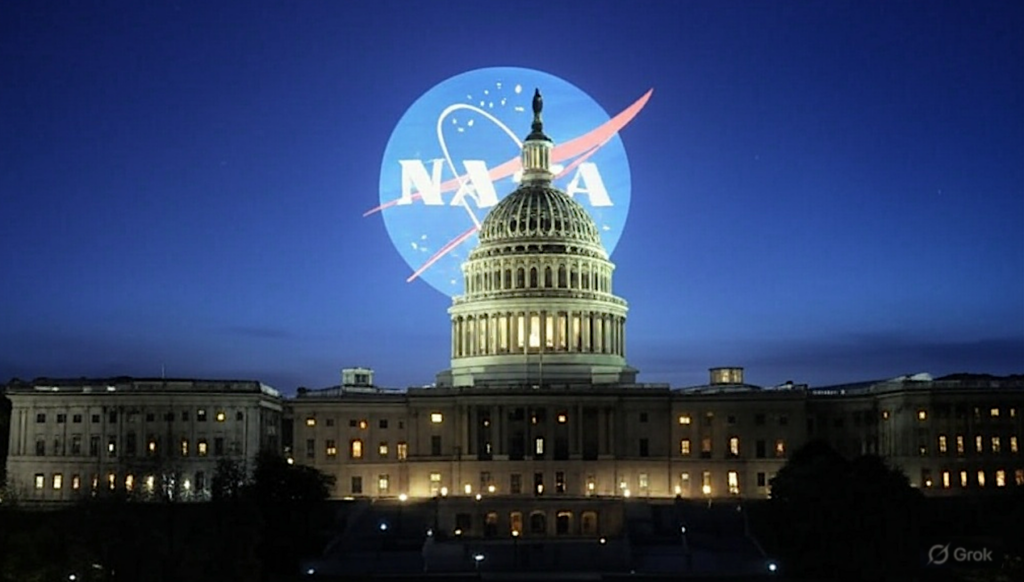Stop Work Orders At NASA JPL

JPL
Keith’s 6 June update: Now equally valid sources are telling me that SBG work did NOT stop. So let’s just say a lot of people at JPL are confused right now. Not surprising. But not a good sign. Keith’s 4 June note: In response to the skinny budget the Surface Biology and Geology development team at NASA JPL has been given a stop work order – all travel, subcontracts, and development is to cease. I am hearing also that Mars Odyssey and Juno teams will also be getting a stop work order soon.
7 responses to “Stop Work Orders At NASA JPL”
Leave a Reply
You must be logged in to post a comment.









Dum-dum donnie just CAN’T STAND anyone smarter than himself and that’s pretty much everyone.
Whelp, if things like this continues, `Murica will become devoid of any science or medical advancements, but thats okay, because we will be forcing all of those ‘high paid’ factory jobs back from overseas!
In a nation nearing $40 trillion in debt and national insolvency (debt costs over $1 trillion annually, even with unsustainably low interest rates), I say good. NASA has plenty of money for JPL, just cancel the ridiculously over budget and useless SLS/Orion.
Fine – but why cancel half of NASA’s Space Science program (most of which does not ho to JPL) and 1/3 of NASA’s overall workforce?
Previously NASA would hire and support contractors, now it’s time for them to support NASA till next President arrives. This is short term change.
If you think the goal of those responsible for making these cuts to programs like this are trying to lower our national debt you would be wrong. The recently passed “One Big Beautiful Bill Act” raises the debt ceiling by $4 trillion and is projected to add approximately $3.8 trillion to the national debt over the next decade. This legislation includes over $600 billion in tax cuts primarily benefiting the top 1% of earners.
Investments in scientific research and space exploration have historically yielded significant returns, leading to innovations in medicine, technology, and industry. Programs like NASA’s have not only advanced our understanding of the universe but have also driven economic growth and technological leadership. Eliminating such programs could hinder future advancements and economic opportunities.
In essence, while fiscal responsibility is crucial, targeting programs that contribute to innovation and economic growth is not smart. A far more effective approach would be to scrutinize policies that disproportionately benefit the wealthy and contribute significantly to the national debt.
Who needs scientific research and advancement when we’ll all soon be working at tiny screw factories.